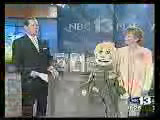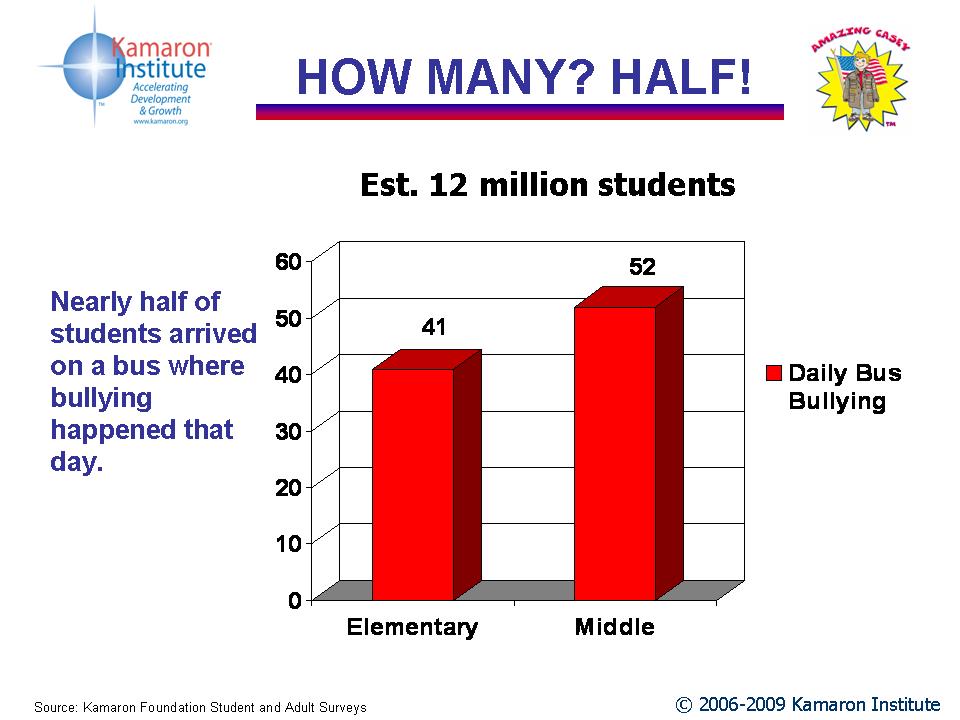Perfect Skill Set For Your Next Promotion
by Margaret Ross:
 From the outside looking in, being a people magnet - someone comfortable in every situation - is believed to be to be something we are born with.
From the outside looking in, being a people magnet - someone comfortable in every situation - is believed to be to be something we are born with.
Deep down, we’ve been wondering what it would be like to be the person everyone wants to sit next to at the lunch table since we were in elementary school.
Good news: It’s not a gift of birth. It’s a skill not a talent. We can learn skills. It’s like riding a bicycle or setting up your new MP3 player.
It’s worth it and it works.
You can be so magnetic that everyone wearing metal at the party will find themselves drawn toward you and not even know why.
The secret is learning and practice - not luck.
‘WORTH IT’ REASONS
1. More Money
Stanford Research Institute says that the money a person makes in any project or endeavor is determined only 12.5 percent by what they know (skills, knowledge).
What’s the rest of it? 87.5 percent is determined by your ability to deal with a wide-range of people.
Industrialist John D. Rockefeller said, “I will pay more for the ability to deal with people than any other ability under the sun.”
2. Better Positioned For Promotions – You Appear Smarter
Researchers from the University of Texas report the boss of a People Magnet is likely to over estimate the that person’s IQ by 10 points.
3. Happier & Healthier
Happier: Kamaron Institute researchers have studied more than 10-thousand people developing and practicing People Magnet skills. At six weeks, job satisfaction (happiness) score is up 40 percent. 90 percent are benefiting personally.
Healthier: Gallup Organization and the Department of Labor say corporations lead by trained and skilled People Magnets have fewer accidents, fewer sick days, and increased productivity.
PEOPLE MAGNET HERE’S HOW
1. GOOD FINDER - HOW
This is consciously choosing a positive mental bias in all encounters.
1. Start with what’s right with you. It can’t be related to your appearance or possessions.
If you need help getting started, there’s a Good Finder list on home page of Kamaron Institute www.Kamaron.org
2. Fire the fault finder in your head. Fault finder and being down on yourself is mental trash. “Take out the trash!”
3. Party Practice. If you don’t know two good character qualities about EACH person at the next meeting or party, it’s your assignment to come out of there knowing the two good qualities about at least three people. Write them down to help yourself remember.
2. APPRECIATION - HOW
1. Sincere, specific appreciation in front of peers makes you more magnetic. This is the skill of the sincere compliment. This skill adds value to people and keeps you real.
2. Sincerely and specifically complimenting your boss can cause him/her to overestimate your IQ by ten points. The boss is least likely person there to receive a compliment.
3. Sincerely and specifically complimenting a colleague can put you in America’s top 6 percent on a personal magnetism scale.
94% of America’s work force didn’t receive praise and appreciation at work last year. This gives you the opportunity to be in the top 6 percent.
3. LISTENING SKILLS – HOW
The most popular person at the party will be the best listener and not the best dancer. Most of us can hear. Very few of us are skilled listeners. Listening skills make you more magnetic.
1. Look at the speaker.
2. Don’t interrupt.
3. Ask clarifying questions to learn more
4. Recap regularly to hold yourself accountable for listening and keeping your mind from wandering.
CONVERSATION STARTERS
Remember the word, “OH.”
Social situations can make people nervous. That’s why you can plan in advance how you might start a conversation with someone new. Remember the acronym OH.
O = Occupation (What you do.)
- What do you do?
- How did you get started?
- What is your favorite or most rewarding part of this job? Why?
- Which two of your many talents and skills do you use most frequently in this job?
H = Happy (What makes you happy.)
- What are your two favorite places to go or your favorite things to do when you take time for yourself?
- How did you first get interested in that?
- What is it that you enjoy about it most? Why?
- Which of your good qualities do you get to use most frequently in this activity?
© 2006-2009 Margaret Ross


